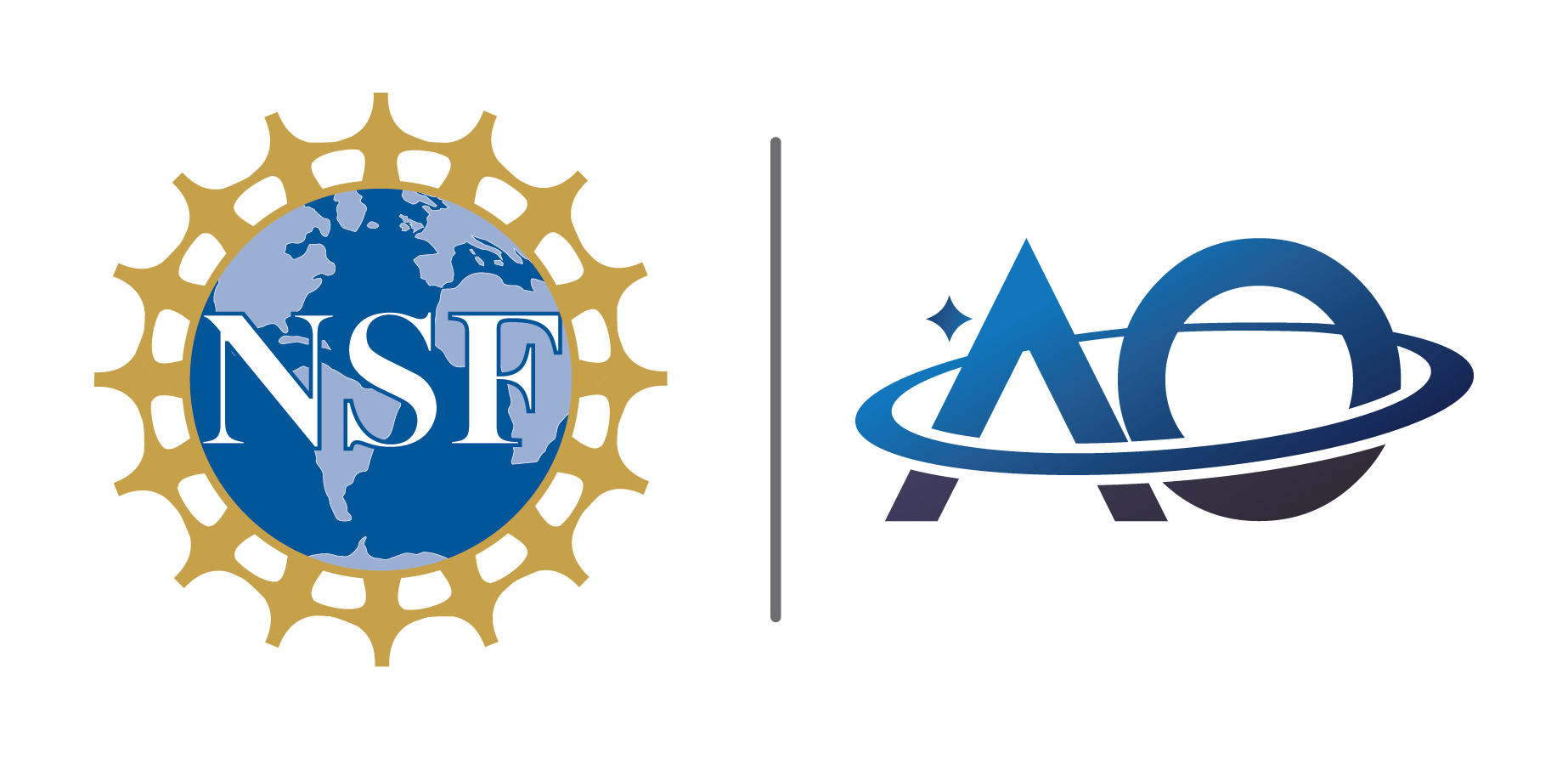- Leter from Dr. Julie Brisset (Principal Investigator of the Arecibo Observatory)13 Sep, 2022
- Arecibo Deputy Principal Scientist to Explore the Cosmos with the JWST02 Sep, 2022
- Letter from the Director22 Aug, 2022
- Piercing through the Clouds of Venus with Arecibo Radar17 Aug, 2022
- Summer greetings from the Facilities and Operations Team!17 Aug, 2022
- Arecibo Observatory at the Small Bodies Assessment Group12 Aug, 2022
- Meet the 2022 Arecibo Observatory REU students!11 Aug, 2022
- Meet Luis R. Rivera Gabriel, Research Intern in the Planetary Radar Group09 Aug, 2022
- Updates from the 2022 CEDAR Workshop in Austin, TX09 Aug, 2022
- Insights into the AAS Conference from AO Analyst Anna McGilvray08 Aug, 2022
- American Astronomical Society’s 240th Meeting: Plenary Lecture Building the Future of Radio Science with the Arecibo Observatory by Dr. Héctor Arce. 28 Jul, 2022
- TRENDS 202227 Jul, 2022
- Advancing IDEA in Planetary Science 27 Jul, 2022
- The Arecibo Observatory: An Engine for Science and Scientists in Puerto Rico and Beyond27 Jul, 2022
- Cryogenic Frontend work for the 12m telescope entering phase II21 Jul, 2022
- Remote Optical Facility Updates20 Jul, 2022
UCF Graduate Course Dives Deep into the Science, Engineering, & Operation of the Arecibo Observatory
Byadmin24 March 2021 Education

| Education |
Graduate students at the University of Central Florida (UCF) have the unique opportunity to dive deep into the science, engineering, and operations of the Arecibo Observatory this semester.
The Spring 2021 course titled “Arecibo Observatory: Unparalleled Science and Discovery” is a seminar-style course offered by the NASA-funded Center for Lunar and Asteroid Surface Science (CLASS) at UCF and co-sponsored jointly by the NASA Solar System Exploration Research Virtual Institute (SSERVI).
The course is split into four areas: the three primary Arecibo research areas of Radio Astronomy, Space & Atmospheric Science, and Planetary Radar, and the programmatic concerns, including operations and big data.
“It is a huge range of topics, but it’s a great introduction to the science and the technical details of how such a large facility can be run,” says Dr. Addie Dove, the instructor for the course.
The course was developed over one year ago with the intention to give UCF students, faculty, and researchers “a more thorough look into the range of research at Arecibo, to really highlight all of the amazing science,” according to Dr. Dove.
One of the biggest benefits for the class is having direct access to the experts who work at the Arecibo Observatory. Each week a scientist or engineer from AO gives a presentation about their role, project, and responsibilities at the facility.
“I love getting to meet researchers, scientists, and engineers in a (sort-of) face-to-face setting, and hearing first-hand what it's like to work with Arecibo data and the types of results they produce,” says Raechel Green, a student enrolled in the course who is pursuing a Ph.D. in Modeling and Simulation at UCF. “It's a discussion-based class so we have opportunities to ask specific questions and get detailed answers from experts in the field.”
“I love getting to meet researchers, scientists, and engineers in a (sort-of) face-to-face setting, and hearing first-hand what it's like to work with Arecibo data and the types of results they produce,” - Rachel Green, student enrolled in the course who is pursuing a Ph.D. in Modeling and Simulation at UCFThe collapse of the William E. Gordon telescope at the Arecibo Observatory in December 2020 impacted the way the course has been implemented. “There has been a focus on highlighting why Arecibo 2.0 is necessary,” says Ms. Green. “From the presentations each week, it is very clear that this telescope played a vital part in multiple areas of research and needs to be rebuilt.”
The lectures for the course are open to the public every Monday at 10:30 AM EDT through April 19th.
“An important benefit of this seminar format is that we record the talks, so they’re available on the CLASS website after the series is over, as a publicly available resource,” says Dr. Dove.
You can access those recordings here: Arecibo Observatory: Unparalleled Science and Discovery (password = radio).
|
Article written by Dr. Tracy Becker - AO Collaborator / SwRI Research Scientist
Contact: tbecker@swri.edu |
Dr. Adrienne (Addie) Dove |
Keywords: observatory, arecibo, ucf, central, florida, class, seminar, lunar, asteroid, graduate, exploration, science, engineering

